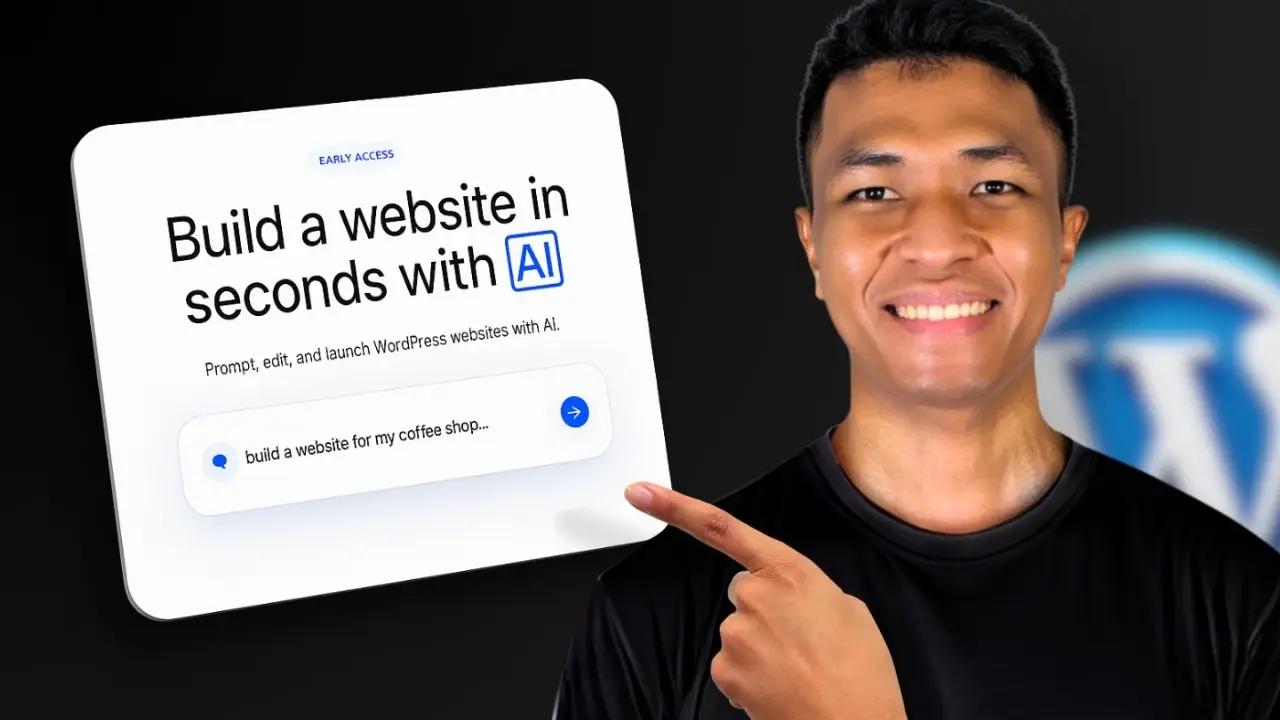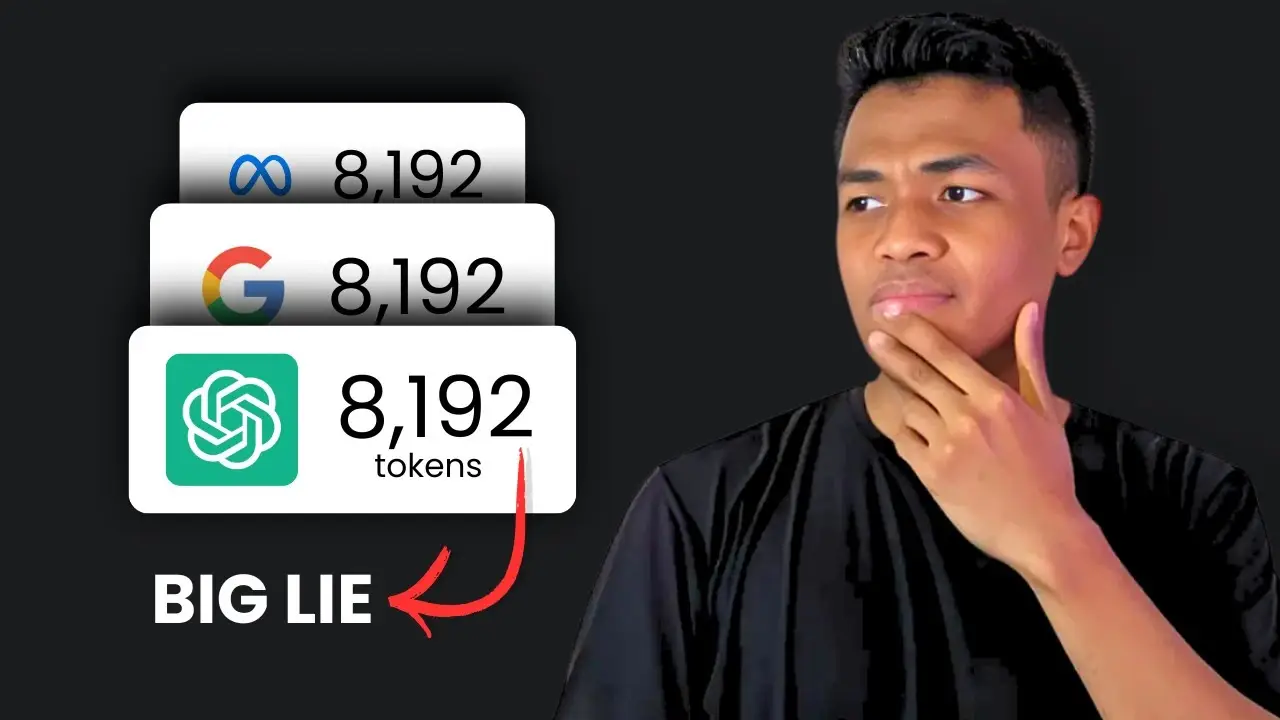Ever wondered how to turn your website into a money-making machine? You’re not alone. Many website owners struggle with this question, unsure where to start or what strategies actually work.
Here are the key takeaways:
- Diversify your income streams for stable revenue
- Focus on providing value to your audience first
- Be patient and consistent in your monetization efforts
Let’s dive into the world of website monetization and explore some proven strategies that can help you start earning from your online presence.
Why Monetizing Your Website?
You’ve put in the hard work to create a website. Maybe it’s a blog, an online portfolio, or a business site. But now what? How do you make it pay off?
I get it. I’ve been there too.
When I first started my web agency, NusaPixel, I was focused solely on building websites. But I quickly realized that there’s so much more potential in helping clients monetize their sites.
Monetizing your website isn’t just about making a quick buck. It’s about creating sustainable income streams that can support your online endeavors and potentially even become your main source of revenue.
How Can You Start Monetizing Your Website?
There are countless ways to monetize a website, but not all of them will work for everyone. The key is to find the right mix of strategies that align with your content, audience, and goals.
Here are some of the most effective ways to start monetizing your website:
1. Affiliate Marketing: Sell Products and Get Commission
Affiliate marketing is like being a digital salesperson. You promote other people’s products or services on your website and earn a commission when someone makes a purchase through your unique link.
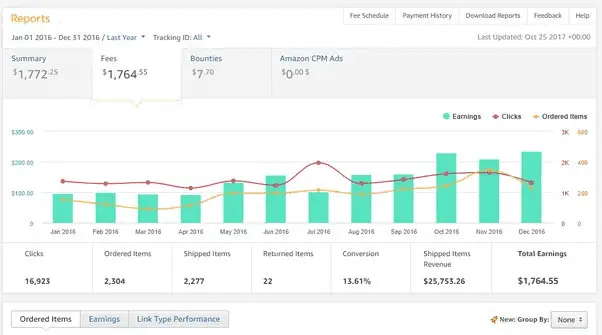
It’s a win-win situation. The company gets more sales, and you get a slice of the pie.
But here’s the thing: you can’t just slap affiliate links all over your site and expect to make money. It doesn’t work that way.
The key is to promote products that are relevant to your audience and that you genuinely believe in. Your readers trust you, so don’t abuse that trust by promoting subpar products just to make a quick buck.
I’ve seen many website owners make this mistake, and it usually backfires.
Instead, focus on creating valuable content that naturally incorporates affiliate products. For example, if you run a tech blog, you could write in-depth reviews of gadgets and include affiliate links to where readers can purchase them.
2. Display Ads on Your Pages
Display advertising is probably the most straightforward way to monetize your website. You simply place ads on your site and earn money when visitors see or click on them.
The most popular platform for this is Google AdSense, but there are many other ad networks out there.
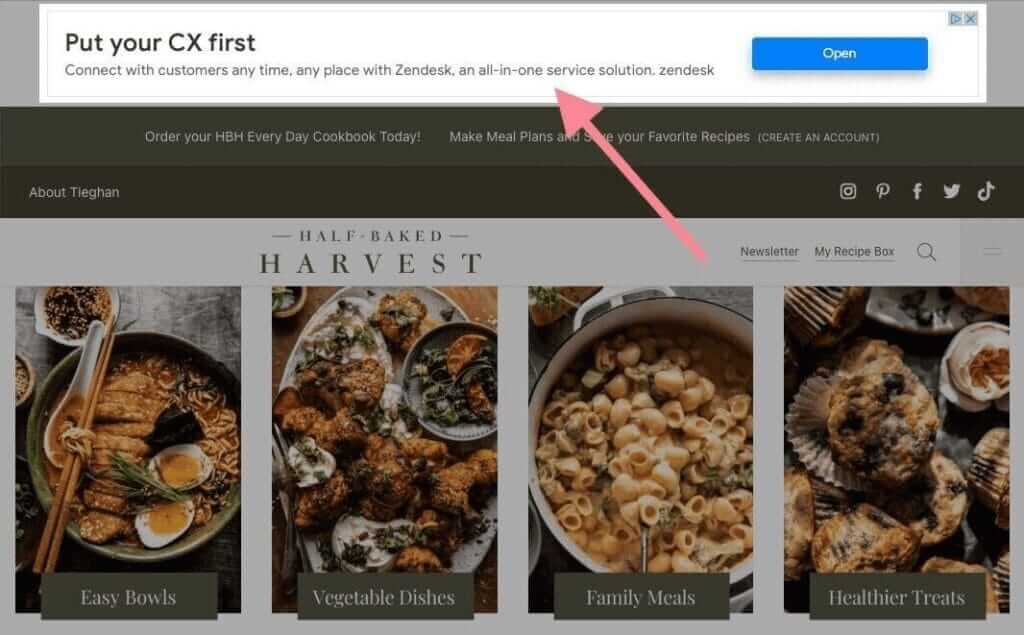
Here’s the catch: display advertising works best when you have a lot of traffic. If you’re just starting out, don’t expect to make a fortune from ads right away.
Also, be mindful of the user experience. Too many ads can make your site look spammy and drive visitors away. It’s all about finding the right balance.
3. Sponsored Content: Someone Pay You to Post Their Product/Service
Sponsored content is when a company pays you to create content that promotes their product or service. This could be a blog post, a video, or even a social media post.
The key here is transparency. Always disclose when content is sponsored to maintain trust with your audience.
Sponsored content can be a great way to monetize your website because it allows you to create valuable content for your readers while also earning money.
But remember, only work with brands that align with your values and are relevant to your audience. Your readers will see right through it if you’re promoting something that doesn’t fit.
4. Sell Digital Products, Like Courses
Creating and selling your own digital products can be a highly profitable way to monetize your website. This could include ebooks, online courses, templates, or software.
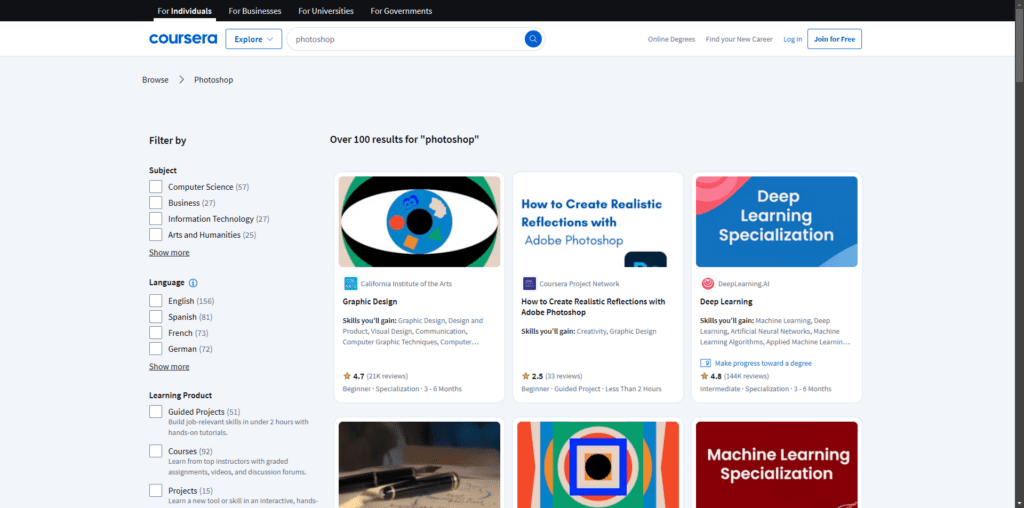
The beauty of digital products is that you create them once and can sell them indefinitely. It’s the ultimate passive income stream.
For example, if you run a design blog, you could create and sell a bundle of Photoshop templates. Or if you have a cooking website, you could sell a digital cookbook.
5. Membership Sites What’s the Appeal?
Membership sites involve charging users for access to exclusive content or features. This could be a forum, a course, or simply premium articles.
The key to successful membership sites is providing consistent value that makes people want to keep paying month after month.
This strategy works best when you have a dedicated audience who trusts your expertise. It’s not something you can rush into overnight.
6. Consulting or Services How Can You Leverage Your Expertise?

Struggling With Traffic?
I will write content that beats competitors
I will research and produce high-quality content at scale, combining state-of-the-art AI models with human’s supervision.
If you have specialized knowledge or skills, why not offer consulting services through your website? This could be anything from business coaching to technical consulting.
For instance, through my work at NusaPixel, I offer web design and SEO content creation services to clients who want to improve their online presence.
The great thing about consulting is that it allows you to monetize your expertise directly. Plus, it can lead to long-term client relationships and recurring revenue.
How Long Does It Take to See Results?
Here’s the truth: monetizing a website takes time and effort. It’s not a get-rich-quick scheme.
You need to build an audience, create valuable content, and consistently implement your monetization strategies.
Don’t get discouraged if you don’t see immediate results. Keep at it, keep learning, and keep improving.
Remember, the most successful websites are those that focus on providing value first and monetization second.
What Are Some Common Pitfalls to Avoid?
I’ve seen plenty of monetization mistakes. Here are a few to watch out for:
- Overloading your site with ads
- Promoting products you don’t believe in
- Neglecting your audience in pursuit of money
- Giving up too soon
- Not diversifying your income streams
Avoid these pitfalls, and you’ll be on your way to successful website monetization.
FAQ
How much traffic do I need to start monetizing my website?
There’s no magic number, but generally, the more traffic you have, the easier it is to monetize. However, even with a small but engaged audience, you can start implementing monetization strategies. Focus on providing value and growing your audience, and the monetization opportunities will follow.
Can I monetize my website if it’s not about a popular topic?
Absolutely! Niche websites can often be more profitable because they cater to a specific audience. The key is to understand your audience’s needs and provide solutions, whether through affiliate products, your own digital products, or services.
Is it better to focus on one monetization strategy or try multiple?
It’s generally best to diversify your income streams. This way, if one method underperforms, you have others to fall back on. Start with one or two strategies, master them, and then gradually add more as you grow.




